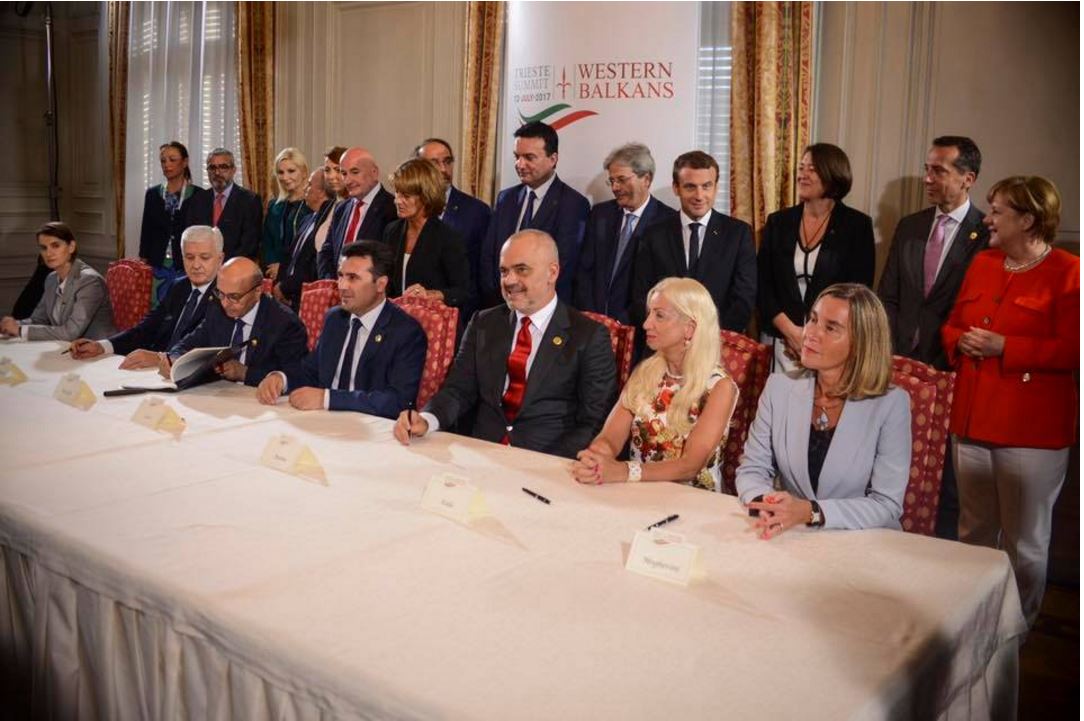
The EU-Western Balkans summit in Sofia risks being a failure. EU-internal disagreement over the agenda of the Strategy for the Western Balkans, as well as the participation of Kosovo, risk upsetting the May 17 summit in Sofia.
Even though Foreign Minister of Bulgaria Ekaterina Zaharieva declared in a press statement that the summit will not be related to EU expansion, countries like Spain, Cyprus, Greece, and Romania have refused to sign the agreement.
Spain, which has yet to recognize Kosovo’s independence, has refused to participate in a summit where Kosovo is considered as an independent country. On April 3, Zaharieva stated that of the countries that have not recognized Kosovo’s independence, only Spanish Prime Minister Mariano Rajoy has yet to confirm his participation in the summit.
Representatives from Kosovo have participated in similar summits before, but it seems that Catalonia’s aspirations of autonomy have caused hesitation to attend the summit on the Spanish PM’s part.
This is making drafting a final strategy for the Western Balkans countries difficult.
The summit in Sofia will not include any decisions regarding opening EU accession negotiations for any country. Its objective is merely to reaffirm the conclusions reached by EU Member States in the Brussels summit of March 22–23 concerning the strategy to be followed for the Western Balkans countries.
Bringing together heads of state of the EU Member States and the six Western Balkans countries – Albania, Bosnia and Herzegovina, Serbia, Montenegro, Macedonia, and Kosovo – is considered to be the most important responsibility of the hosting president of Bulgaria, which currently holds the Presidency of the Council. If everything goes as predicted, the summit will take place on May 17, in Sofia.
The first draft of what has been initially named the “Sofia Summit Declaration,” put together by the EU Member States, was first discussed by EU ambassadors at the end of March.

